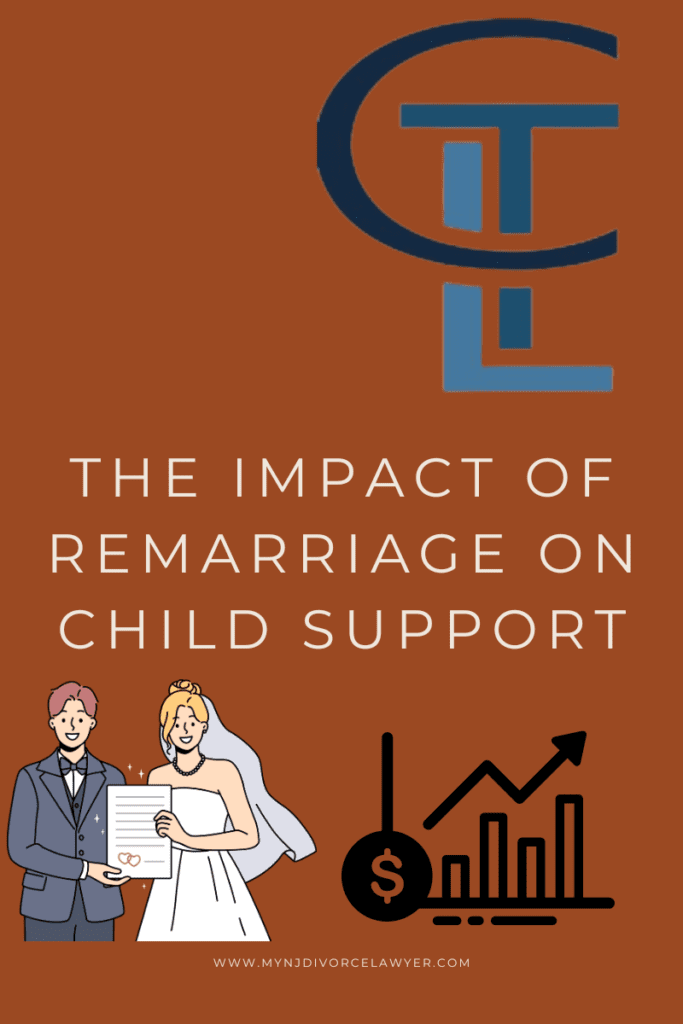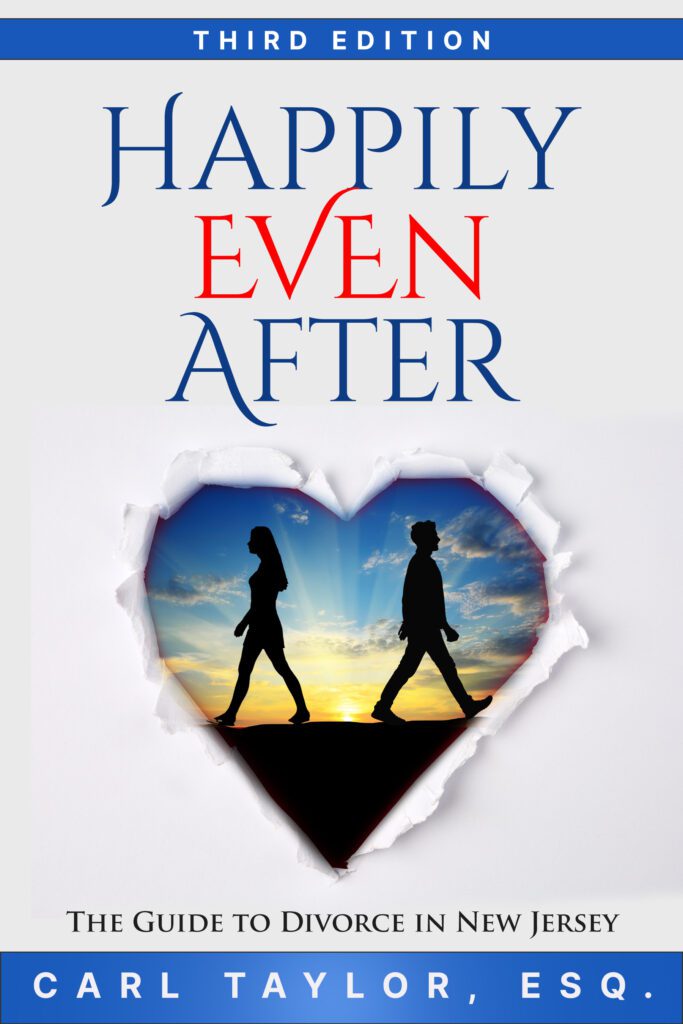
If your ex-spouse recently remarried (or is about to have children from a subsequent relationship), you may be curious about how this may impact your own children’s child support. I will limit this discussion to situations where your ex is recently remarried and/or recently is a new parent from a subsequent relationship.
Remarriage and Child Support
The seminal New Jersey case setting forth the standards and procedures of child support modification is Lepis v. Lepis, 83 N.J. 139 (1980).
In Lepis, the Supreme Court acknowledged the right of trial courts to modify support provisions at any time, provided there is both a “permanent and substantial change in circumstances.” The Lepis Court further provided a list of “changed circumstances” examples. This list includes:
1. An increase in the cost of living;
2. An increase or decrease in the supporting spouse’s income;
3. A party’s illness, disability or infirmity arising after the original judgment;
4. The dependent spouse’s loss of a house or apartment;
5. The dependent spouse’s cohabitation with another;
6. Subsequent employment by the dependent spouse;
7. Changes in federal income tax law.
The Lepis Court further provided the proper procedure for judicial review. Specifically, the party seeking relief must make a prima facie showing of changed circumstances. Thereafter, if such prima facie showing is made, the other party may be required to provide discovery of his or her current financial status.
The Isaacson v. Isaacson case states that in high income child support cases, a balance must be struck between reasonable needs, which reflect lifestyle opportunities, while at the same time precluding an inappropriate windfall to child(ren) or infringing upon the legitimate right of either parent to determine the appropriate lifestyle of the child(ren).
In the case Loro v. Del Colliano, the Court held that: “The custodial parent should not gain a benefit through the guise of child support that is beyond that which is more than incidental to the benefits being conferred to the child.
Strahan v. Strahan developed that concept further and reminded courts that it is important in high income cases that judges make an analysis of the reasonableness of the needs claimed by the custodial parent for the child(ren).
In addition, New Jersey Court Rule 5:6A is instructive when considering such cases, as it further illuminates the appropriate standard of review. R. 5:6A specifically provides that child support guidelines may be modified or disregarded by the Court only where “good cause is shown.”
The Appendix to the Child Support Guidelines states that the Court may not extrapolate child support when the parties’ combined net income exceeds $187,200.00. Appendix IX –A Paragraph 9, provides that only certain expenses may be added to the basic child support obligation, and such expenses are child care expenses, health insurance for the child, predictable and recurring health expenses in excess of $250.00, special needs for disabled or gifted children, or visitation transportation expenses.
Moreover, the Child Support Appendix further indicates that if net income of the parties is greater than $187,200.00 per year, that the Court must apply the child support guidelines up to $187,200.00, and thereafter may, but is not required to supplement additional income based upon factors set forth in the appendix or in N.J.S.A. 2A:34-23a.
Isaacson provides that in an alleged high-income case, the Court must consider the reasonable needs of the children in the context of the parent’s standard of living.
Thus the case-law states that a parent—particularly a parent who feels they did not bargain for sufficient alimony—cannot later use their child(ren) in an attempt inflate their own standard of living.
Child Support Modification Factors
N.J.S.A. 2A:34-23a provides that, in deciding a child support amount, the Court should consider the following factors:
* The needs of the child;
* The Standard of living and economic circumstances of each parent;
* All sources of income and assets of each parent;
* The earning ability of each parent, including educational background;
* All sources of income and assets of each parent;
* The need and capacity of the child for education;
* The age and health of the child and each parent;
* Income, assets, and earning ability of the child;
* Responsibility of the parents for the court-ordered support of others;
* Reasonable debts and liabilities of child and each parent; and
* Any other factor the Court may deem relevant.
The above thus provides a framework of child support modification in New Jersey (upwards or downwards). Although your ex-spouse may enjoy a greater standard of living after cohabitating or remarrying, the new spouse does not have any obligation to provide support for your children.
Accordingly, courts will generally not impute additional income to your ex or consider his or her new spouse’s income requiring a recalculation of child support. If a child is born from a subsequent marriage or relationship, however, then courts may consider that to be an appropriate “permanent” and “substantial” change in circumstances warranting the recalculation of child support.
The guidelines themselves taken into consideration how subsequent children may impact child support. In that situation you may also be entitled to understand the new spouse’s finances to determine just how much support your ex is diverting to the child from his or her new relationship.
These matters tend to be very fact-sensitive and can be somewhat complex. If you have any questions regarding modifying child support after your ex-spouse remarries or cohabitates, then it’s best to schedule a consultation with a New Jersey divorce lawyer.
Remember that the same would apply to you if the situations were reversed.

Partner with Carl Taylor, Esq.
Ready to Find Your Happily EVEN After? Call Today at 609-359-3345 to Schedule a Confidential Consult (or click here to self-schedule online) and Receive a Free Copy of the 3rd Edition of my 200+ page book, Happily EVEN After: The Guide to Divorce in New Jersey.
